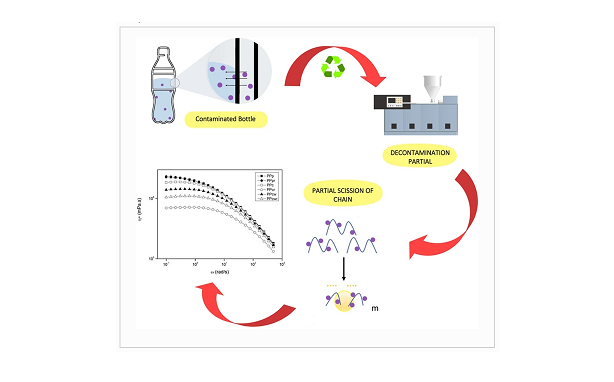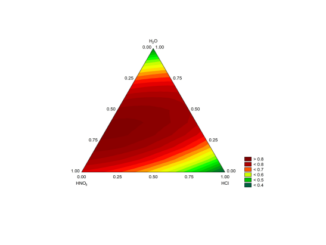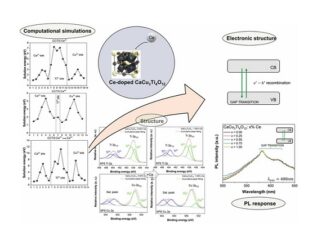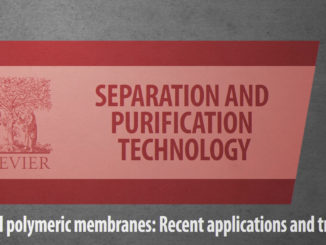
The Role of Residual Contaminants and Recycling Steps on Rheological Properties of Recycled Polypropylene
Abstract: Recycling of polymers is one of the alternatives to reduce the impact of polymers presence on the environmental. However, the contaminants, defined as non-intentionally added substances, present in recycled material may migrate into food and also change its molecular structure. This work addresses the extractability/migration of contaminants from polypropylene (PP) samples into food simulants and the influence of these contaminants on the molecular structure of recycled PP. For this PP was contaminated with several substances to simulate a “worst-case” scenario and, then it was submitted to a recycling process. Extractability tests were performed by solid-phase microextraction and gas chromatography coupled to mass spectroscopy both to evaluate the presence of contaminants in the PP samples and their ability to migrate in food simulants. Additionally, molecular changes of the PP samples were evaluated by oscillatory rheometry. After washing and extrusion of the PP samples the extractability results showed considerable reductions of migrations in the food simulants and indicated, in some cases, compliance with regulations for using recycled polymer in contact with food. The residual contaminants were present in the polymer, the high temperatures and shear rates play an important role in molecular changes. Finally, the results highlight the importance of the use of rheological measurements to detect the influence of contaminants in recycled materials. Their presence result in material with different molar mass, that may be applied in different market applications.
Author(s): Paiva, R.; Veroneze, I. B.; Wrona, M.; Nerin, C.; Cruz, S. A.
Journal of Polymers and the Environment
Published: 22 June 2021
DOI: https://doi.org/10.1007/s10924-021-02214-2
CDMF
The CDMF, hosted at the Federal University of São Carlos (UFSCar), is one of the Research, Innovation and Dissemination Centers (RIDC) supported by the São Paulo State Research Support Foundation (Fapesp), and also receives investment from the National Council Scientific and Technological Development (CNPq), from the National Institute of Science and Technology of Materials in Nanotechnology (INCTMN).




